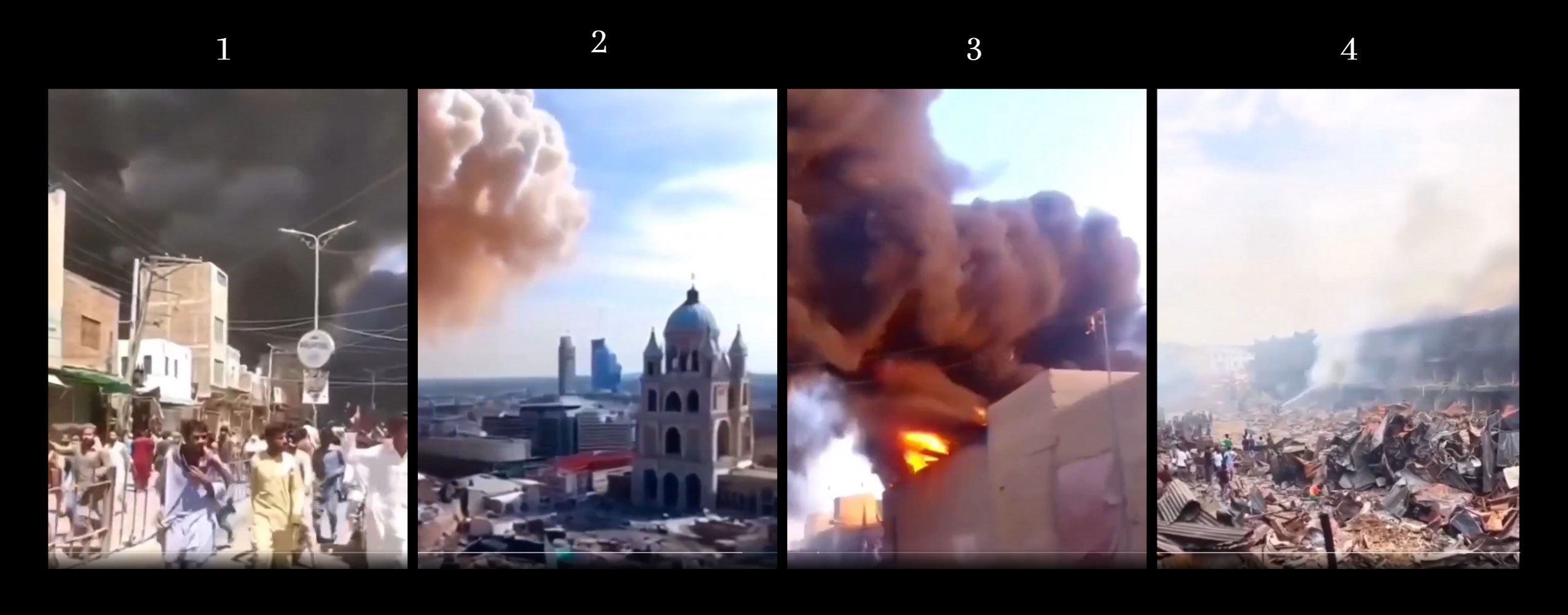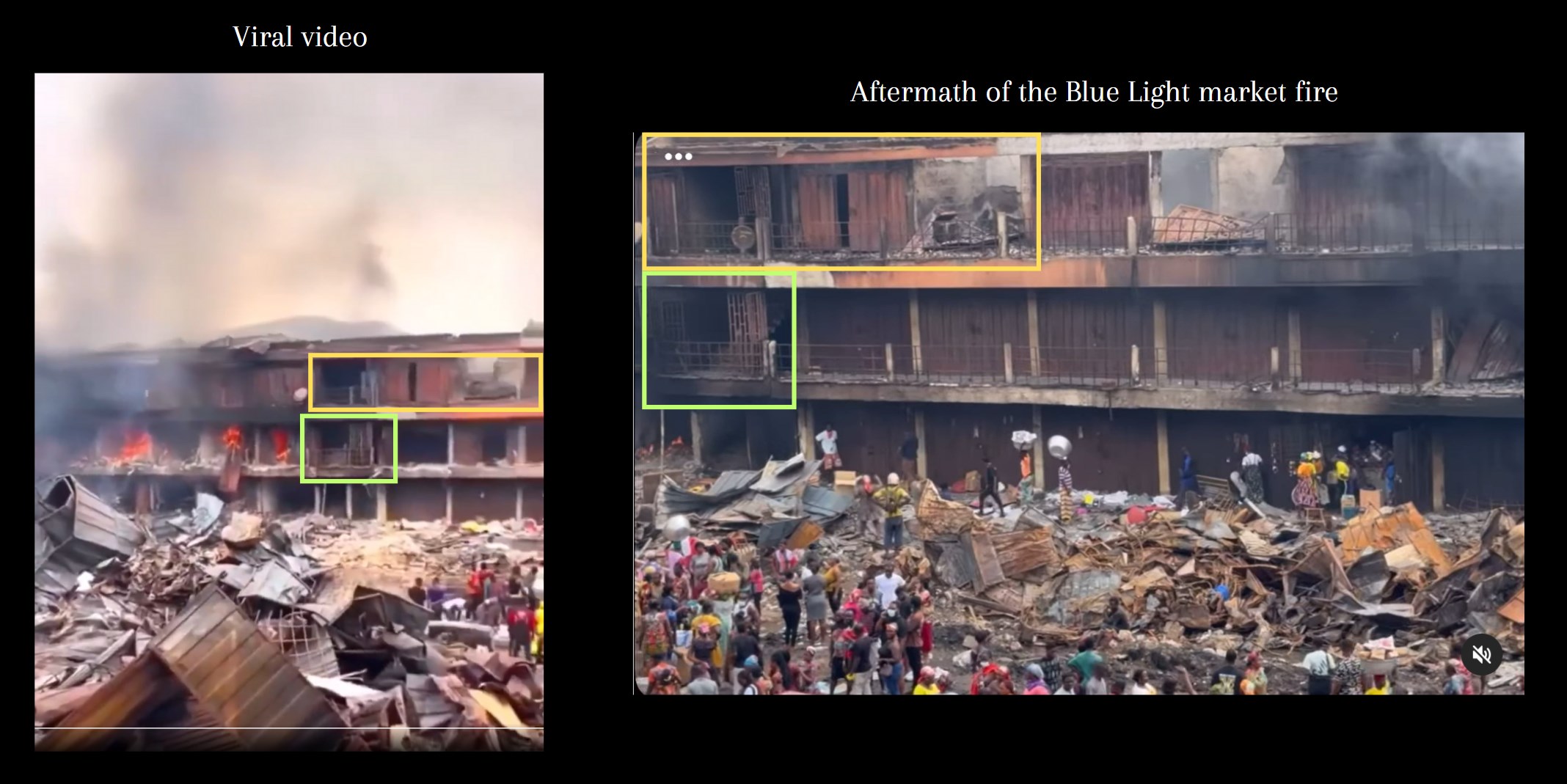TAIPEI, Taiwan – Cambodia deported Taiwanese fraud suspects to China, the island’s foreign ministry said, urging Cambodian authorities to provide a complete list of the deportees, who may number in the dozens.
About 180 Taiwanese were arrested together with seven alleged Chinese coconspirators on March 31, during raids on an online fraud center in Cambodia’s capital Phnom Penh.
After receiving notification of the arrests on April 1, Taiwan’s representative office in Ho Chi Minh City began negotiating with the Cambodian government, said the ministry. Cambodia deported nearly 190 suspects to China in three groups on Sunday night and early Monday morning but hadn’t provided nationality information, the ministry said.
Taiwan and Cambodia do not maintain official diplomatic relations as the Southeast Asian country, like most other nations, recognizes Beijing and backs its position that Taiwan is part of China’s territory.
The representative office had requested that Cambodian authorities provide a complete list of names of the Taiwanese suspects and deport them to Taiwan to face legal consequences in accordance with international norms, according to the ministry.
Despite these requests, the Cambodian government has yet to provide a complete list or specific number of suspects, the ministry said.
“Cambodia, under pressure from China, did not provide a list of our country’s nationals or the total number deported, and the ministry not only continues to urge Cambodia to provide the list as soon as possible, but also expresses its serious concern and protest,” said the ministry.
The ministry also urged Taiwanese not to engage in illegal activities overseas such as telecom fraud.
Cambodia has become a regional hub for scam operations involving human trafficking and forced labour.
The scam operations are largely run by Chinese criminal syndicates based in guarded compounds in cities such as Sihanoukville, according to media reports. Victims – many from Taiwan, Myanmar and other Asian countries – are lured with fake job offers, only to be coerced into perpetrating online scams.
Taiwan has previously complained about countries deporting its nationals to China after being arrested on suspicion of involvement in telecom fraud, including Cambodia, Kenya and Spain.
According to Taiwan’s estimation, more than 600 Taiwanese people arrested overseas for their alleged involvement in online fraud were deported to China between 2016 and May 2024.
Neither the Cambodian nor Chinese foreign ministries immediately commented.
In recent years, Cambodia and China have significantly deepened their relationship across economic, political and military spheres.
China has become Cambodia’s largest investor and trading partner, with bilateral trade surpassing US$15 billion in 2024. Major infrastructure projects, such as the Phnom Penh-Sihanoukville Expressway and a US$1.7 billion canal plan, have been developed under China’s Belt and Road Initiative.
Politically, Cambodia has consistently supported China’s positions in international forums, including on contentious issues such as the South China Sea.
The two nations have also strengthened military ties, including the Chinese-funded expansion of the Ream Naval Base, which has raised concerns in the region about a potential Chinese military presence in the Gulf of Thailand.
Edited by Stephen Wright.
This content originally appeared on Radio Free Asia and was authored by Taejun Kang for RFA.
This post was originally published on Radio Free.



